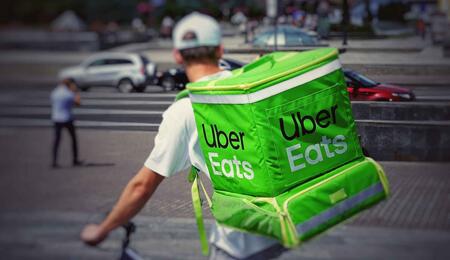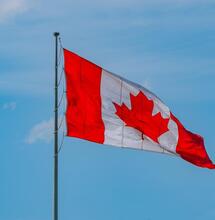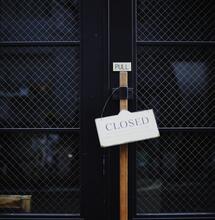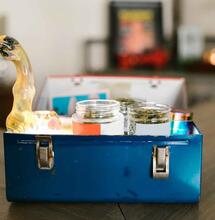In Ontario, You Can Now Order Weed via Uber Eats

Online food ordering and delivery platform Uber Eats will allow Canadian customers to order weed and collect it at a dispensary. Customers will have to wait for delivery services yet. Uber adopts the service to help fight the illegal market, which controls a significant share of the sales across Canada, despite the country going legal in 2018.
For now, cannabis enthusiasts can only purchase weed via the Uber Eats app in the province of Ontario, one of the densest markets in terms of the number of shops that sell pot products. It is the first time that the riding-hailing giant has offered such an option.
Users will be able to order for pickup as of November 29. The company has settled an agreement with Canadian marijuana brand Tokyo Smoke to ensure that adults obtain legal and safe cannabis products and fight the illegal market. Tokyo Smoke has shops all across Canada; the brand is owned by weed behemoth Canopy Growth. There are 56 Tokyo Smoke shops all around Ontario, and 13 of those are in Toronto.
Ontario customers can select either the "cannabis" category or browse for "Tokyo Smoke" in the search bar when making an order. They first need to confirm their age before being redirected to the menu of Tokyo Smoke. Each order placed will be filled within an hour, Uber said. The consumer then needs to pick their order at a Tokyo Smoke store, where they once again verify age and identity.
When asked if Uber was considering extending cannabis operations beyond Ontario, an Uber spokesperson told Reuters: "We will continue to watch regulations and opportunities closely market by market. And as local and federal laws evolve, we will explore opportunities with merchants who operate in other regions."
Roughly 14% of cannabis users admitted to having operated a vehicle within two hours of using weed, according to research cited by Uber Canada, affirming hopes that its drivers may soon begin delivering Tokyo Smoke orders as well.
"When Canadian cannabis laws evolve to include delivery, options like Uber Eats are expected to help decrease impaired driving and improve safety on the road."
Canada may be quick to upgrade this part of its regulation, however. With the onset of the pandemic, Ontario briefly permitted the delivery and pickup of pot products. Last month, the province proposed a plan to make those changes permanent. Legislators are due to make their decision on the matter.
In Canada, the sale of cannabis was legalized in 2018. The number of legal cannabis retailers has grown to over a thousand. At present, the Canadian cannabis market is worth around CAD$5bn (US$4bn) a year. Industry analysis firm BDS Analytics projects market growth sales to $6.7bn by 2026.
Uber has previously revealed intentions it wants to chip into the thriving cannabis sector.
In earlier statements, Uber's CEO Dara Khosrowshahi has said that the company would consider delivering weed in the U.S. if cannabis was decriminalized at a federal level.
In February, Uber acquired Boston-based alcohol delivery service Drizly in a deal worth $1.1 billion. However, the deal did not encompass Lantern, a cannabis delivery service Drizly launched in May 2020.
Cannabis remains illegal at the federal level in the U.S. In July, three Senate Democrats, senators Chuck Schumer of New York, Ron Wyden of Oregon and Cory Booker of New Jersey, drafted a bill that aims to remove marijuana from the list of controlled substances and therefore grant states complete freedom to craft their laws on cannabis use.









